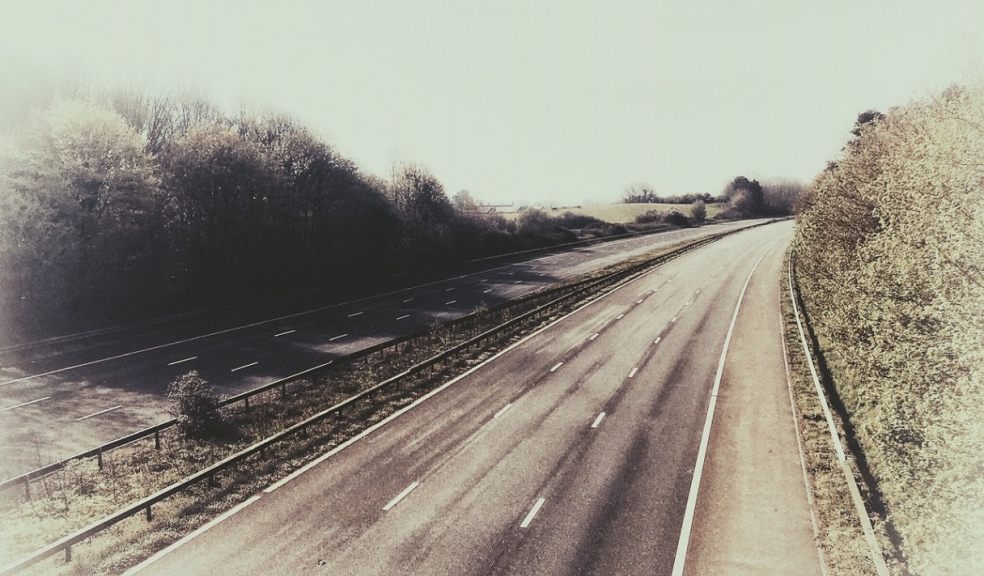
Where next - living differently after Coronavirus?
'There can be no return to normal because normal was the problem in the first place' (graffiti in Hong Kong)
This COVID-19 pandemic is bringing out the best in people, and the worst in us. I have been actively engaged in community support in my own area, working closely with some very vulnerable people and some hugely generous ones. There is a sense of graciousness and humility usually lacking in our relationships, but it’s around in abundant good will – at least for the moment. Isolated 70-year-old strangers ringing each other daily to check how each is doing; children developing footpath trails for their peers or elders to follow for exercise and fun; a blind woman being offered scented herbs by another; volunteers collecting and delivering prescriptions or supplies; sharing food with neighbours; and much more. For now, it seems, crisis breeds kindness.
This is all immediate and necessary of course, but as well as responding to ourselves and those around us with such care and compassion, we need also to be asking questions of what lies in front of us – in the months, years and even decades to come.
What kind of community do we want for the future?
It is too soon to talk of re-shaping Exeter, for example, but this is what we shall need to do after this Corona Virus episode is over. Its streets, shops, schools will not be the same. We shall talk, walk and work differently.
Probably, there will be new opportunities to resource ourselves more locally in the future, providing greater resilience and reducing the dependency of too much from far away. Not everything can be sourced at home, but the recent steps towards community energy production, more food produce grown locally and rediscovering home-made entertainments and leisure activities, all point to a future where a community can resource itself in creative ways. What is common to them all is a renewed emphasis on sharing human needs and means at a very local level.
What kind of country do we want for the future?
It is too early to talk of rebuilding Britain, but this we shall also have to do. Our society may have to change beyond recognition for the post viral generations. Our politics, our policing, our learning, our earning will not simply be a continuation of the past.
The UK is unhealthily centralised with its economic and social focus on an over-demanding capital. Those of us in the peripheral regions know that the trickle-down economy is distorted and risky when it comes to sharing the wealth of the nation. Average spending per head on health, education, transport and more is extremely imbalanced across the nation. Can we not create a fairer, more equal and inclusive country for the future?
What kind of civilisation do we want for the future?
It is too premature to speak of reconstructing our culture, but this too lies ahead of us in the coming months and years. Our values, our hopes, our dreams, our relationships and our priorities will not be those of the immediate consumer-obsessed past. Can we, for example, break away from the superficial GDP assessment of what constitutes wealth and well-being?
Our society places an unwholesome emphasis on what constitutes human happiness. We are pressurised continually into thinking that the more we consume, the more satisfied we shall become. Most of the psychological evidence points in the opposite direction: the more we own, the less we share, and the more we want. Our media push fear into our faces and souls, where short-term individual desires outdo longer term community hopes and aspirations. Can we change this?
What kind of Earth do we want for the future?
Finally, it is too soon to think of re-visioning our world – where we more deeply regard nature and the planet’s natural life systems. However, we need rapidly to move towards a situation in our policies and our practices where ecology takes precedence over economy; where diversity will be appreciated within our local communities; and where we live more with less.
Maybe the key lesson to learn to from Coronavirus is that we are all in this together. We are all vulnerable and all affected in one way or another. Once again, as we have in history, we must realise that we are all inter-related – both to one another in a common humanity, and also to our common home the Earth. Can we not recognise the vital importance of being connected?
Our task, as we emerge from a dis-eased society, is to re-assess how we take our past into our future, and decide if some human activities we have taken for granted may not be carried forward into a very different kind of world.
It may be too soon to be answering these questions, but it is not too soon to be asking them…














